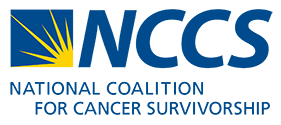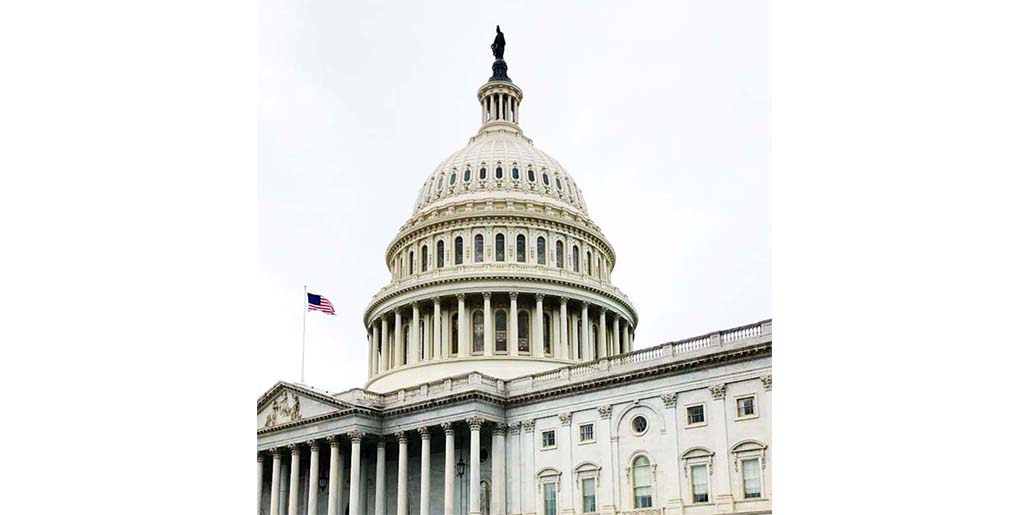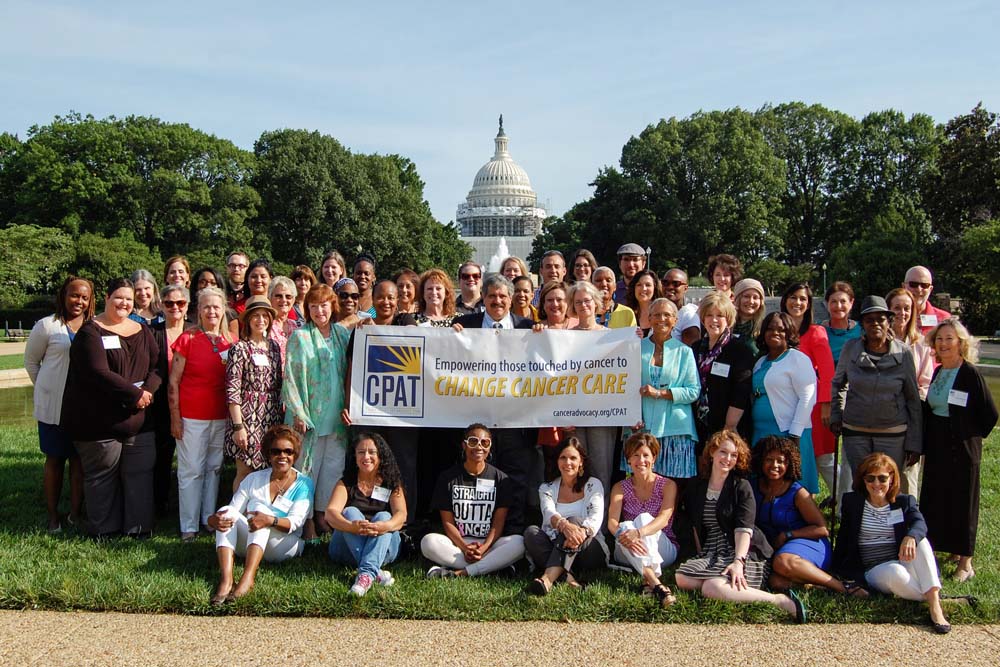NCCS Comments on the FDA’s PDUFA Proposed Commitment Letter
PDUFA: Related Post
In 1992, Congress passed the first Prescription Drug User Fee Act (PDUFA), a law that allows the FDA to collect fees from drug companies that apply to the FDA for approval to market their drugs for specific medical conditions…Read More »
NCCS submitted comments to the Food and Drug Administration (FDA) on the letter representing the agreement between FDA and regulated industry on goals for the re-authorization of the Prescription Drug User Fee Act (PDUFA VI). NCCS participated in the PDUFA stakeholder meetings held over the last year, and we support the role that the commitment letter outlines for FDA. We agree with the philosophy articulated in the commitment letter that appropriate communication between sponsors and FDA at critical points in the review process can make the drug approval process more efficient and effective. We have observed that the Office of Hematology and Oncology Products has achieved a high level of interactive communication with sponsors facilitating drug development activities.
In our letter, we commented on specific goals and noted that the FDA is tasked with organizing a significant number of public workshops, participating in independent reviews of agency functions, and developing guidance documents on a number of different topics. These are appropriate functions for the agency, but the burden on the agency will be significant. It is critical that the new responsibilities given to FDA be matched by resources for those efforts.
Our full comment letter is reprinted below.
NCCS Comments to FDA on PDUFA VI Proposed Commitment Letter [PDF]
Read the original PDUFA VI Proposed Commitment Letter from the FDA [PDF]

August 22, 2016
Robert M. Califf, MD
Commissioner
Food and Drug Administration
10903 New Hampshire Avenue
Silver Spring, MD 20993-0002
Re: FDA – 2016-N-1895, Prescription Drug User Fee Act; Public Meeting; Request for Comments
Dear Dr. Califf:
The National Coalition for Cancer Survivorship (NCCS) is a national organization representing survivors of all forms of cancer. We encourage shared decision-making in which patients identify treatment goals and make informed decisions about treatment options.
NCCS is committed to a strong Food and Drug Administration (FDA) capable of efficient review of those treatments that cancer patients need, including cutting-edge new therapies and supportive care drugs to be used during active treatment and during long-term survivorship. We participated in the Prescription Drug User Fee Act VI (PDUFA VI) stakeholder meetings and appreciate the opportunity comment on the letter representing the agreement between FDA and regulated industry.
Enhancing Regulatory Science and Expediting Drug Development
Promoting Innovation Through Enhanced Communications Between FDA and Sponsors During Drug Development
The commitment letter summarizes the FDA philosophy that “timely interactive communication with sponsors during drug development is a core Agency activity to help achieve the Agency’s mission to facilitate the conduct of efficient and effective drug development programs, which can enhance public health by making new safe and effective drugs available to the American public in a timely manner.” We agree that appropriate communication between sponsors and FDA at critical points in the review process can make the drug approval process more efficient and effective. In general, we have observed that the Office of Hematology and Oncology Products has achieved a high level of interactive communication with sponsors facilitating drug development activities.
We support the activities to enhance timely communication between FDA and sponsors during drug development that are identified in the commitment letter. These include an independent third-party assessment of current FDA practices with regard to communication with sponsors, a public workshop to discuss the independent assessment, and the possibility of a revision of the guidance document on “Best Practices for Communication between IND Sponsors and FDA During Drug Development.” We support these activities, as they hold the potential for highlighting current best practices for FDA-sponsor communication and establishing the standards for replicating these practices across offices.
Ensuring Sustained Success of Breakthrough Therapy Program
Patients have benefited from the designation of cancer therapies as “breakthrough therapies” because this designation triggers FDA commitment of resources, including senior manager resources, for review efforts. This has brought important efficiencies to breakthrough therapy review. However, we are concerned that the designation of products as breakthrough therapies is taxing the resources of the FDA and may have an adverse impact on the review of those products that are not designated as breakthrough but nonetheless may provide important benefits to patients. We are pleased that the commitment letter highlights the need for additional resources for the breakthrough program. Even if additional funds are available for breakthrough therapy reviews, we urge careful monitoring of the program and its impact on the overall drug review effort.
Advancing Development of Drug-Device and Biologic-Device Combination Products Regulated by CBER and CDER
The commitment letter outlines a process for improving the review of combination products (drug-device and biologic-device) through efforts internal to the agency, an independent assessment of current practices, and the revision of a guidance document for sponsors and review staff. In general, these processes seem responsible. We recommend that the independent assessment include an evaluation of the potential benefits of the Oncology Center of Excellence in reviewing drugs and biologics and their companion diagnostics.
Enhancing Use of Real World Evidence for Use in Regulatory Decision-Making
NCCS has recently participated in seminars and workshops focusing on the use of so-called “real world” data for evaluating the safety and the effectiveness of medications. We are interested in the potential for use of real world evidence in product reviews, but only if that evidence rises to the level of reliable data that will accurately inform the review process.
NCCS supports the approach that is outlined in the commitment letter, an approach that would include one or more public stakeholder workshops considering the use of real world evidence, FDA initiatives to address key outstanding concerns about use of real world evidence in regulatory decision making, and publication by FDA of a draft guidance on use of real world evidence. We also support the language in the commitment letter suggesting that real world evidence might be appropriate in regulatory submissions including supplemental indications and fulfillment of postmarketing commitments and requirements. Based on the discussions of real world evidence to date, these limits on the use of real world evidence in regulatory submissions seem appropriate. The FDA efforts related to real world evidence should be consistent with these limitations.
Enhancing Regulatory Decision Tools to Support Drug Development and Review
Enhancing the Incorporation of the Patient’s Voice in Drug Development and Decision-Making
NCCS has participated in a number of the patient-focused drug development meetings that were encouraged by the Prescription Drug User Fee Act V (PDUFA V) agreement. We found these meetings to be effective in defining unmet medical needs and in describing the burden of disease and current therapies. The commitment letter for PDUFA VI seeks to strengthen the patient’s voice in drug development, especially encouraging the utilization of patient-reported outcomes as part of development programs. The commitment letter requires FDA to develop guidance documents that will move the agency from the meetings that were part of PDUFA V to “fit-for-purpose tools to collect meaningful patient and caregiver input for ultimate use in regulatory decision making.”
We commend the effort to use patient input in regulatory decision-making, but we want to ensure that the input rises to the level of reliable data. We believe that the agency plan that is outlined in the commitment letter reflects this goal and serves as an adequate protection for patients. This plan includes the requirement that FDA publish a series of guidance documents on collection of patient and caregiver input, processes and methodological approaches to development of holistic sets of impacts that are most important to patients, and approaches to identifying and developing measures for an identified set of impacts which may facilitate collection of meaningful patient input in clinical trials. The final guidance document might be a replacement or supplement to the current guidance on patient-reported outcome measures.
Enhancing Benefit-Risk Assessment in Regulatory Decision-Making
We look forward to the work of the agency to provide guidance on benefit-risk assessments and to evaluate the implementation of the benefit-risk framework in the human drug review program, tasks that are defined in the commitment letter. We are cautious about any changes in the drug review program that would weaken the assurances to patients that the drugs they use are safe and effective, and we urge caution in how revised benefit-risk platforms are incorporated in drug review.
Enhancing Capacity to Review Complex Innovative Designs
NCCS supports efforts, as defined in the commitment letter, to strengthen the ability of the agency to evaluate highly innovative trial designs. The commitment letter outlines a pilot program for highly innovative trial designs for which analytically derived properties may not be feasible and simulations are necessary to determine trial operating characteristics. As part of this pilot effort, we encourage an assessment of the Oncology Center of Excellence and whether that initiative is already prepared for review of complex trial designs. There has been significant innovation in cancer clinical trial design, and the Oncology Center of Excellence may be able to function as a model for other review offices.
Improving FDA Hiring and Retention of Review Staff
The commitment letter acknowledges the need for flexibility in hiring of review staff and the need for aggressive efforts to retain staff. We support this movement toward flexibility, but we are uncertain if the hiring and retention provisions of the letter would permit continuation in the hematology-oncology office or replication in other offices of efforts that encourage hiring of review staffers who are engaged in clinical care, including staffers who may have positions at the National Institutes of Health (NIH) and FDA, or at other health care facilities and FDA. These staffers bring up-to-date clinical knowledge to their review activities and they represent one strategy for strengthening oncology product review.
As we have explained above in connection with several provisions, we support the role that the commitment letter outlines for FDA. The agency is tasked with organizing a significant number of public workshops, participating in independent reviews of agency functions, and developing guidance documents on a number of different topics. These are appropriate functions for the agency and are the most effective way to evaluate and refine review efforts. However, we note that the burden on the agency, as defined in the commitment letter, will be significant. It is critical that the new responsibilities given to FDA be matched by resources for those efforts.
We appreciate the opportunity to comment on the commitment letter and will remain engaged in the ongoing discussion regarding PDUFA VI.
Sincerely,

Shelley Fuld Nasso, MPP
Chief Executive Officer
# # #
Read more NCCS Policy Comments »





